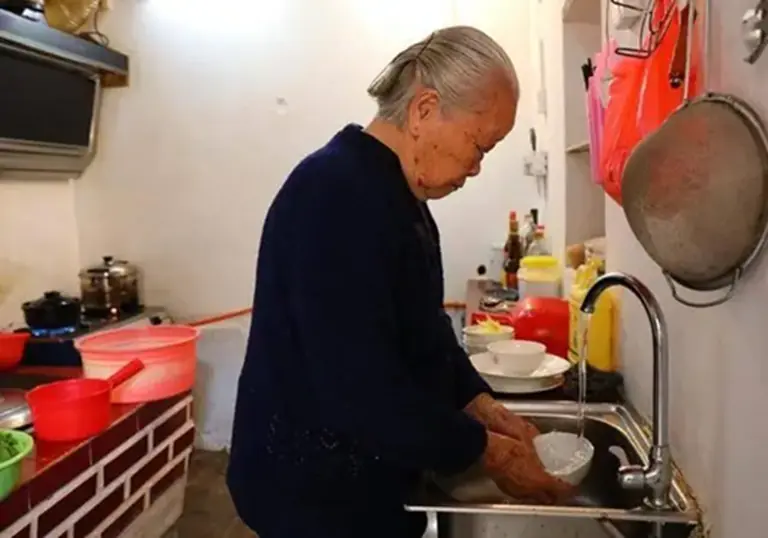
7 Foods You Must Avoid When You Have Dengue Fever
7 Foods You Must Avoid When You Have Dengue Fever — They Can Drain Your Energy and Delay Recovery
When dengue fever strikes, your body is already fighting a fierce internal battle — high fever, fatigue, dehydration, and loss of appetite. What you eat during this time can make all the difference between a slow, exhausting recovery and a smooth return to health. Unfortunately, many people unknowingly consume foods that worsen symptoms and weaken the immune system.
Here are 7 foods you should absolutely avoid if you’re battling dengue fever — and why steering clear of them will help you heal faster and feel stronger.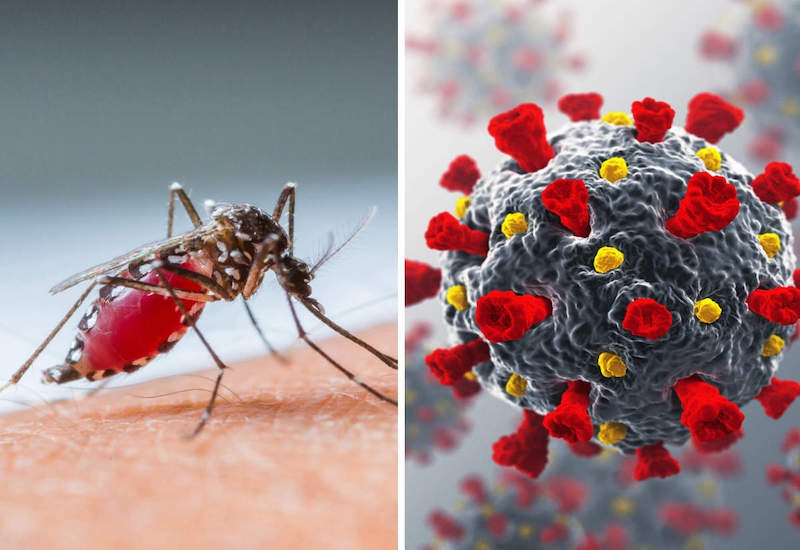
1. Oily and Fried Foods – The Liver’s Worst Enemy
Dengue often affects the liver, making it more vulnerable to inflammation. Greasy, deep-fried foods like french fries, fried chicken, or fast food force your liver to work harder, slowing recovery. They also increase nausea and bloating, which are already common symptoms.
👉 Better alternative: Opt for light, boiled, or steamed dishes — such as vegetable soups, congee, or poached chicken — to reduce liver strain and aid digestion.
2. Spicy Foods – Fuel for Inflammation
While spicy dishes might normally be appetizing, during dengue, they can irritate the stomach lining and worsen inflammation. Capsaicin (the compound in chili peppers) increases body heat and acid levels, which may trigger indigestion or vomiting.
👉 Better alternative: Stick to mild, non-spicy meals like porridge or vegetable broth to soothe your digestive system.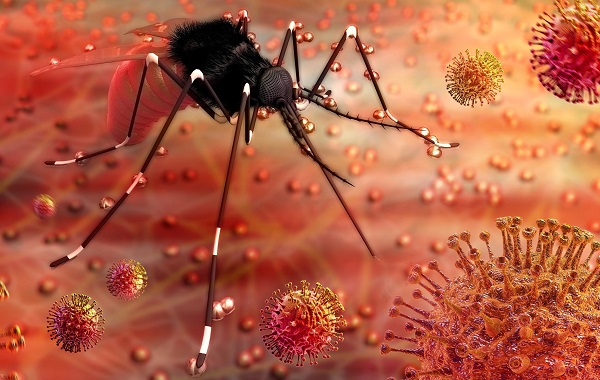
3. Caffeinated Drinks – Hidden Dehydrators
Coffee, energy drinks, and even strong tea act as diuretics, causing your body to lose more fluids. Since dehydration is already a serious concern in dengue, caffeine only makes it worse, leading to dizziness, fatigue, and delayed platelet recovery.
👉 Better alternative: Drink plenty of water, fresh coconut water, or natural fruit juices (without added sugar) to maintain hydration and electrolyte balance.
4. Sugary Foods and Beverages – Energy Crashers
It’s tempting to reach for something sweet when you’re feeling weak, but high-sugar foods can spike your blood sugar and then cause an energy crash. Excess sugar also promotes inflammation and can suppress immune function — the last thing you need when fighting a viral infection.
👉 Better alternative: Eat naturally sweet fruits like papaya, banana, or orange, which provide vitamins and minerals that support recovery.
5. Processed and Packaged Foods – Chemical Overload
Instant noodles, canned foods, chips, and sausages are full of preservatives, sodium, and artificial additives that can tax your already weakened liver and kidneys. These foods also lack the nutrients your body needs to rebuild platelets and strengthen immunity.
👉 Better alternative: Choose fresh, home-cooked meals with natural ingredients. Your body will thank you for it.
6. Red Meat – Hard to Digest and Inflammatory
During dengue, the digestive system slows down. Eating red meat like beef or pork can be too heavy, leading to bloating and discomfort. Additionally, red meat’s saturated fat content can promote inflammation and slow down platelet regeneration.
👉 Better alternative: Go for lean protein sources such as eggs, tofu, or soft fish, which are easier to digest and rich in essential amino acids.
7. Alcohol – The Ultimate Recovery Blocker
Alcohol is one of the worst things to consume during dengue fever. It dehydrates the body, interferes with medications, and puts extreme stress on the liver — which is already compromised by the infection. Even small amounts can worsen symptoms and prolong recovery.
👉 Better alternative: Avoid alcohol completely until your doctor confirms full recovery.
Why Choosing the Right Foods Matters During Dengue
Dengue fever reduces platelet count, weakens the immune system, and often causes dehydration. The right diet helps your body rebuild platelets, protect the liver, and restore energy levels. Eating the wrong foods, on the other hand, can do the opposite — intensifying fatigue, slowing healing, and even worsening inflammation.
The key is to eat light, nutrient-rich, and hydrating meals that support your body’s natural recovery. Focus on foods high in vitamin C (like oranges and guava), iron (like spinach and beetroot), and fluids (like coconut water and soups).
The Bottom Line
Dengue recovery isn’t just about taking medicine — it’s about giving your body the right fuel. Avoiding these seven harmful foods can make a remarkable difference in how quickly and comfortably you recover.
Feed your body wisely, rest well, and let your immune system do the healing.
News in the same category


These 3 Nighttime Signs Reveal Your Kid.neys Are in Danger!
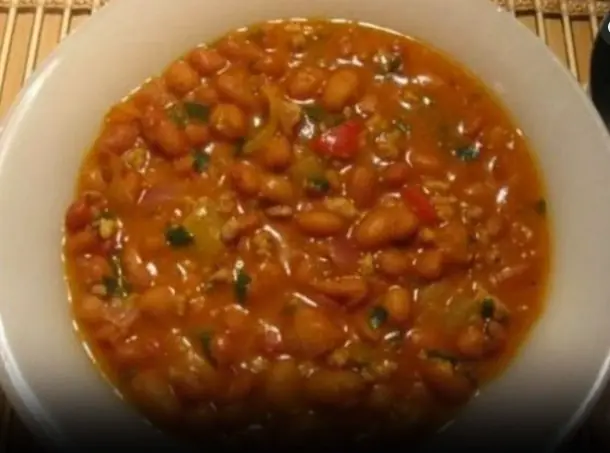
The Vegetable That Helps Reduce Sugar in The Body. It is Diabetes’ Strong Opponent

The Power of Gyan Mudra: Benefits and How to Practice It
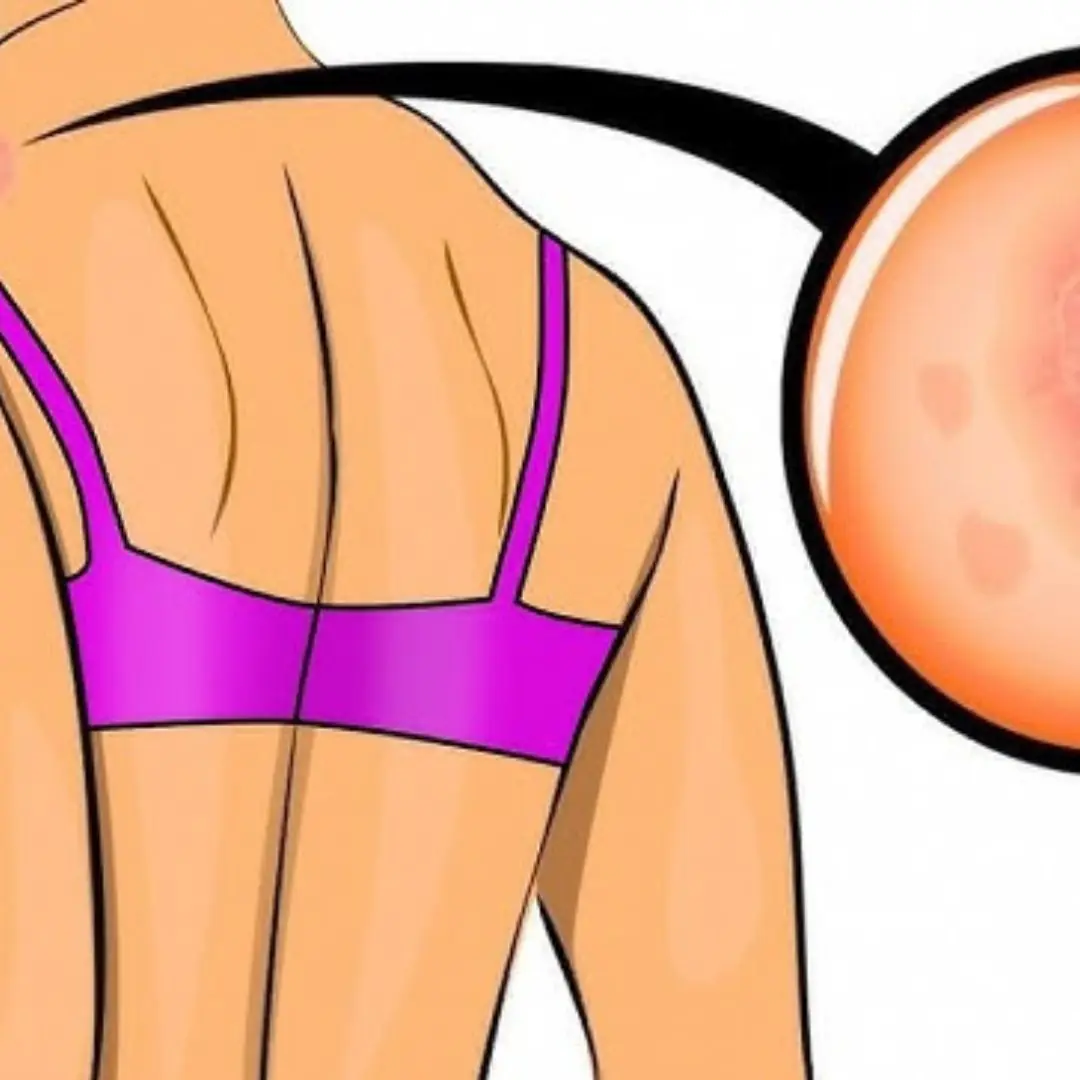
7 Warnings Your Body Gives You When You’re Too Stressed
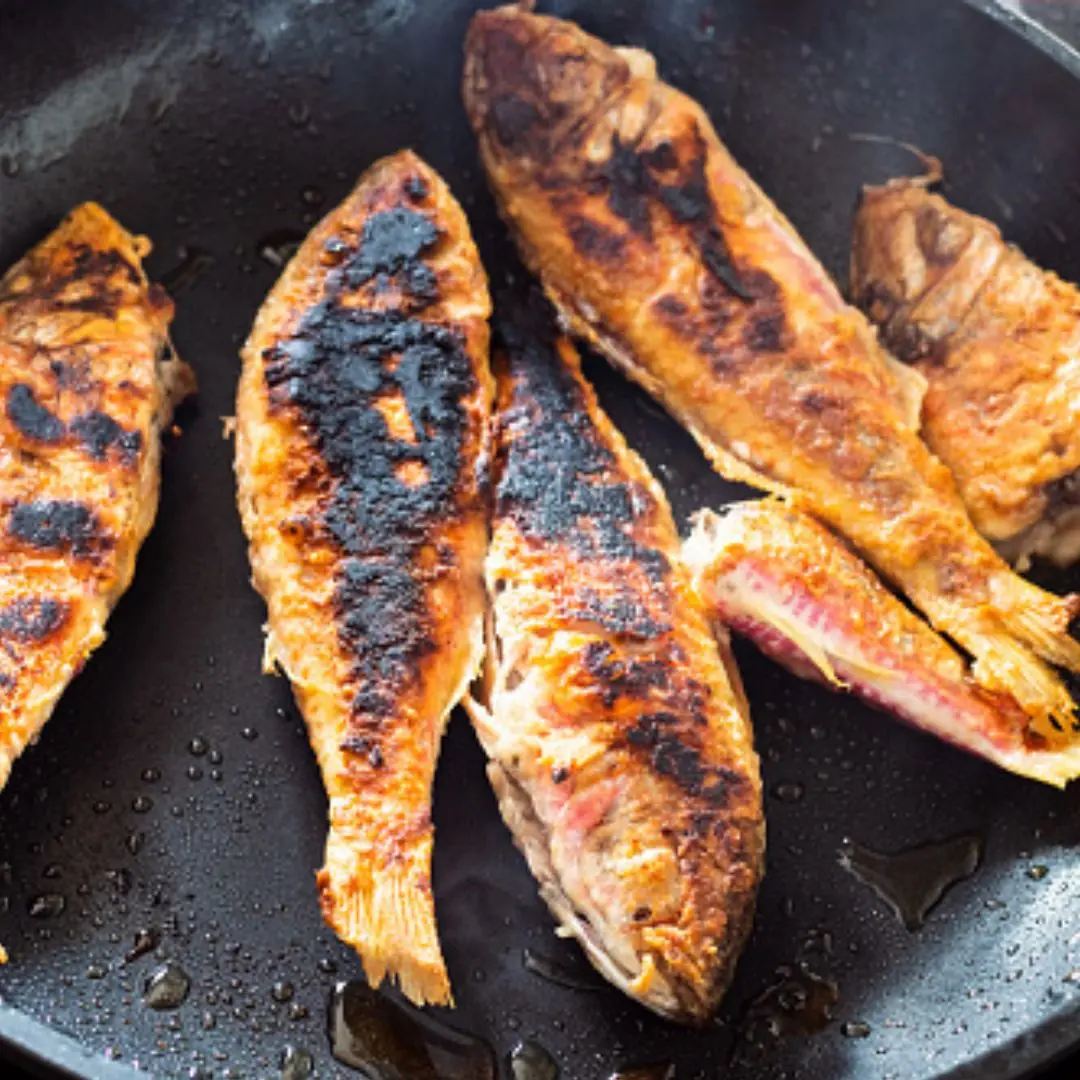
Fish is very good for your health, but absolutely do not eat it like this: It can easily cause cancer, many people still get it.
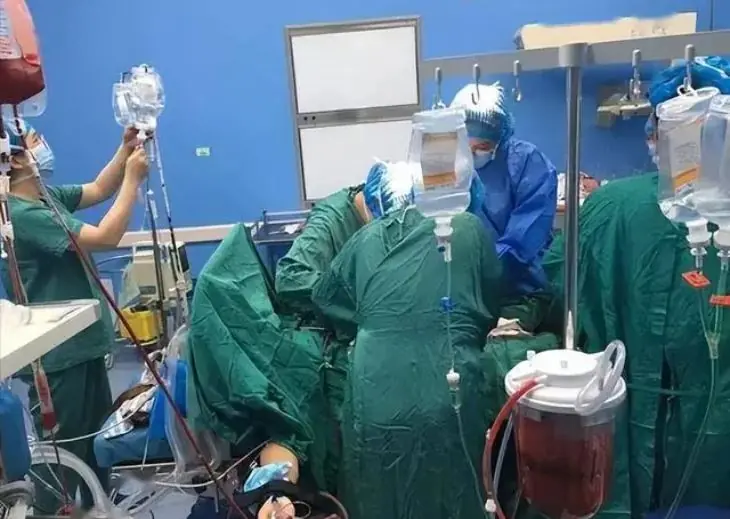
Waking Up at Night to Drink Water, a 59-Year-Old Man Di.ed Five Days Late
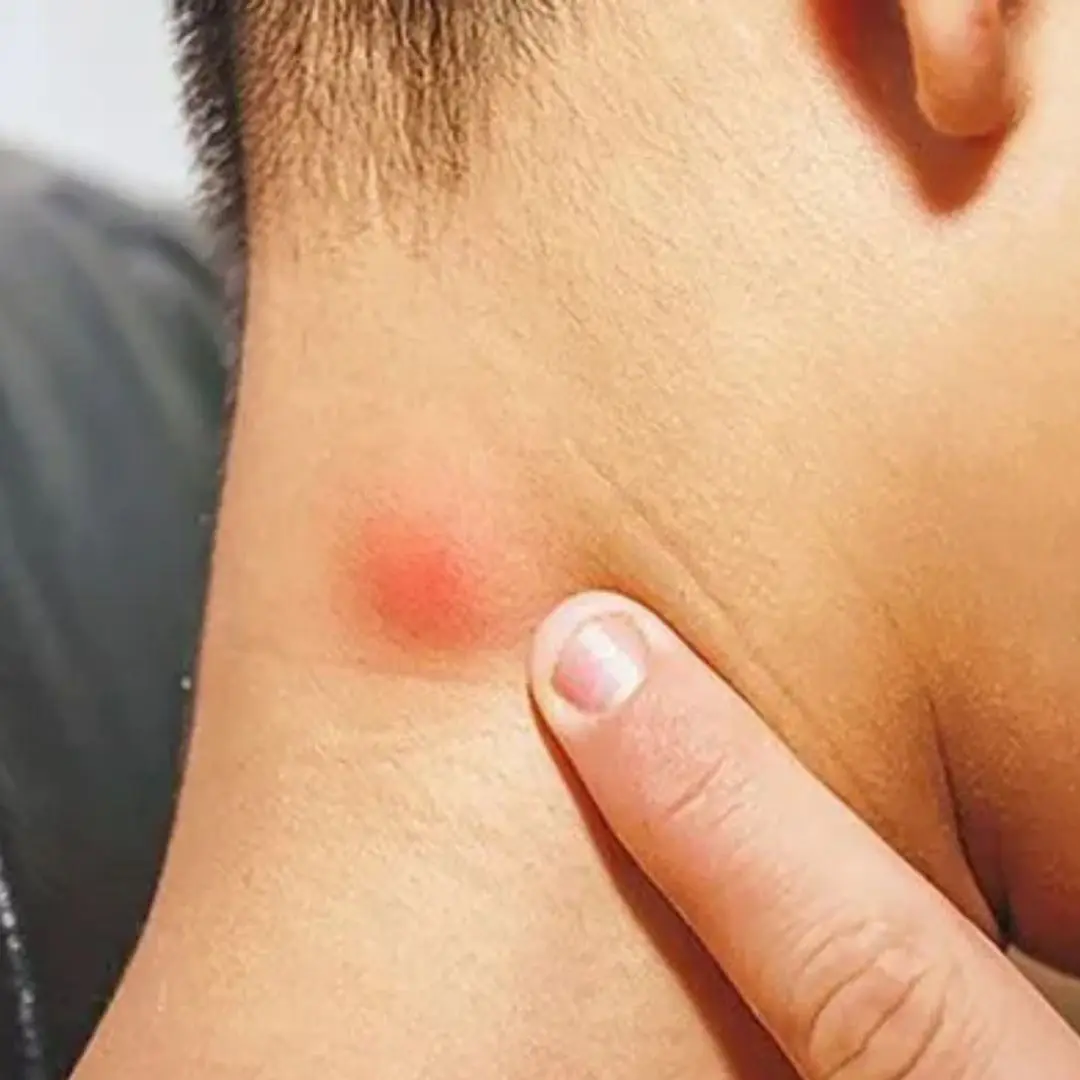
Found a Lump on Your Neck? Here’s What It Could Really Mean

Why your throat keeps filling with mucus — the real causes revealed

What time should you take a bath to ensure health safety and reduce the risk of stroke?

People with These 4 Skin Signs May Have “Loads” of Can.cer Cells Without Knowing It
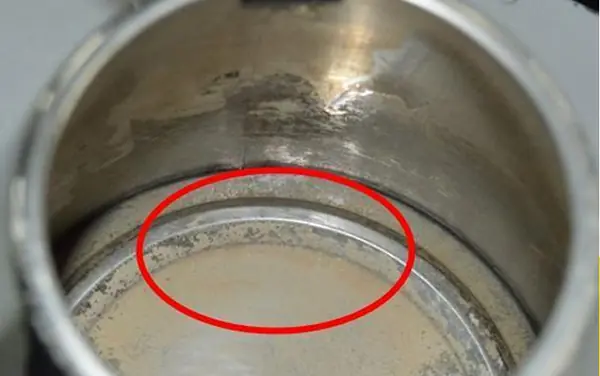
Be Careful If Your Family Often Boils Water with an Electric Kettle
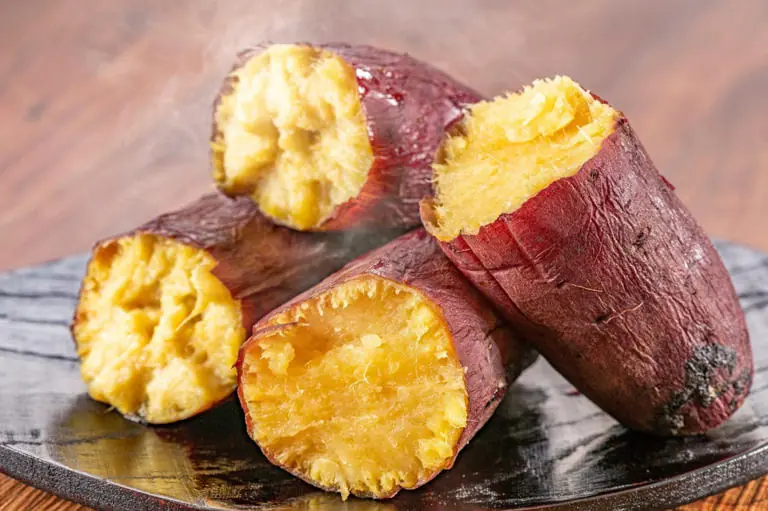
Eat the Right Carbs, Nourish the Spl.een and Sto.mach:
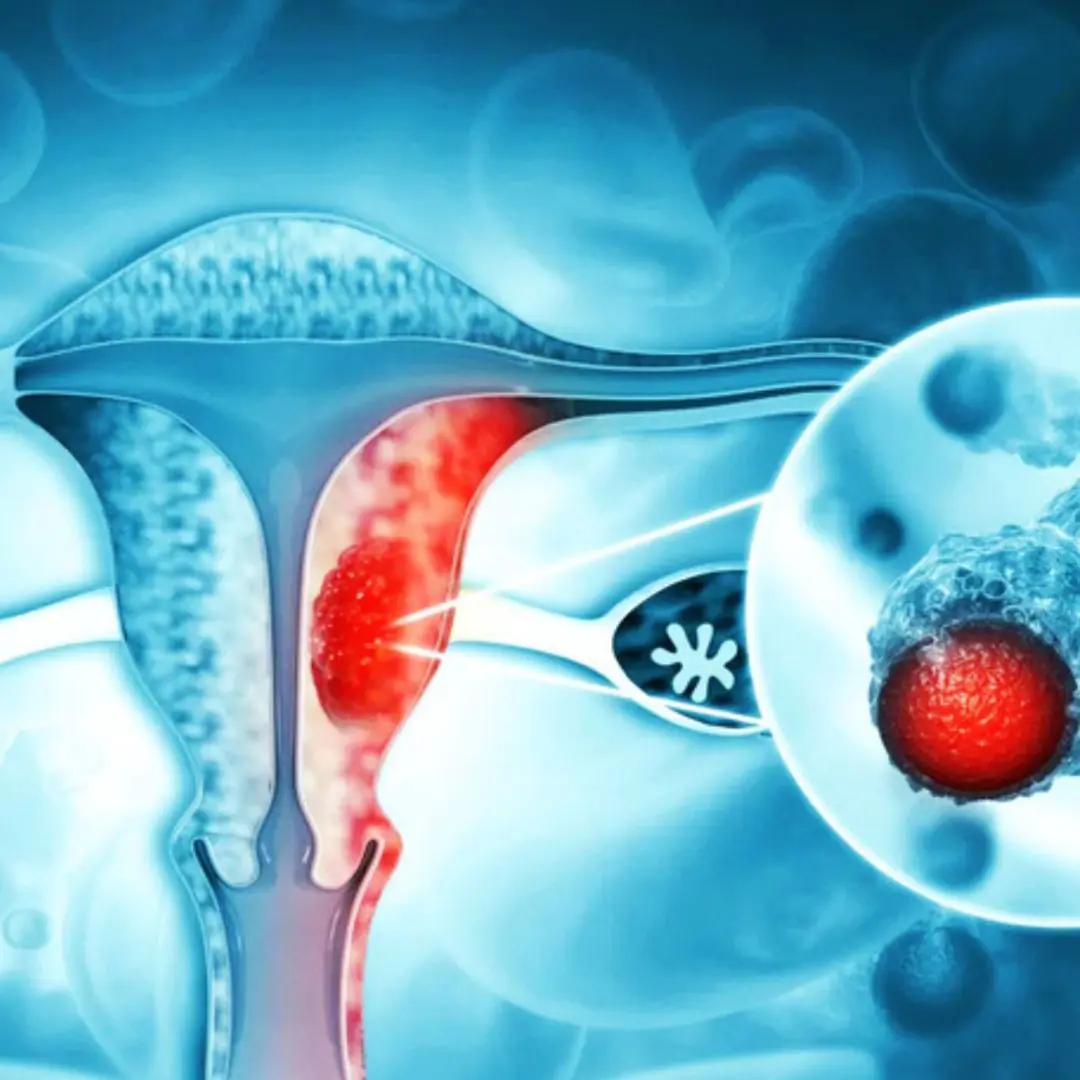
3 intimate habits of husbands that may increase wives' ri.sk of cer.vical can.cer: Stop before it's too late
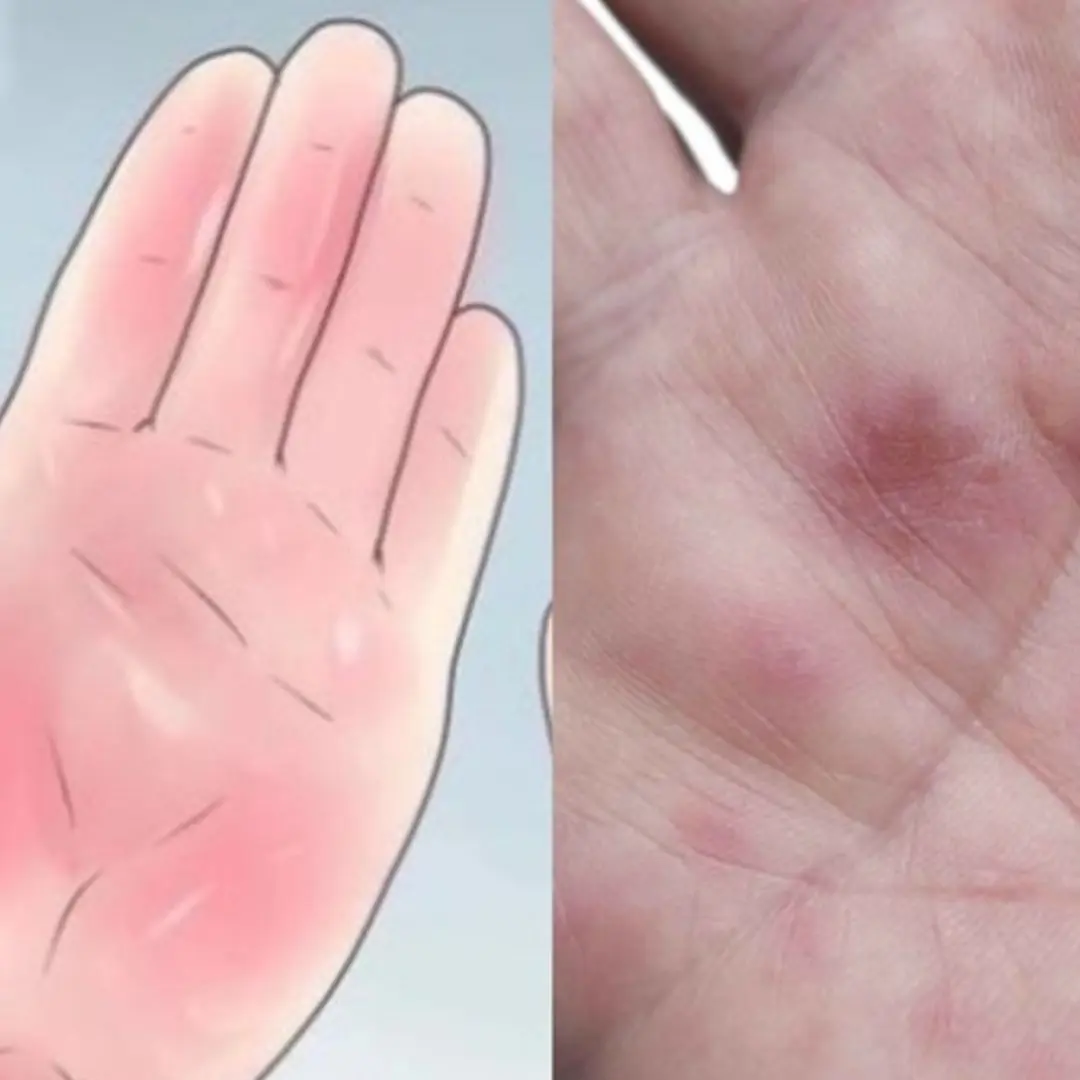
If your hands show any of these 4 warning signs, see a doctor right away — your body might be signaling a serious health problem!
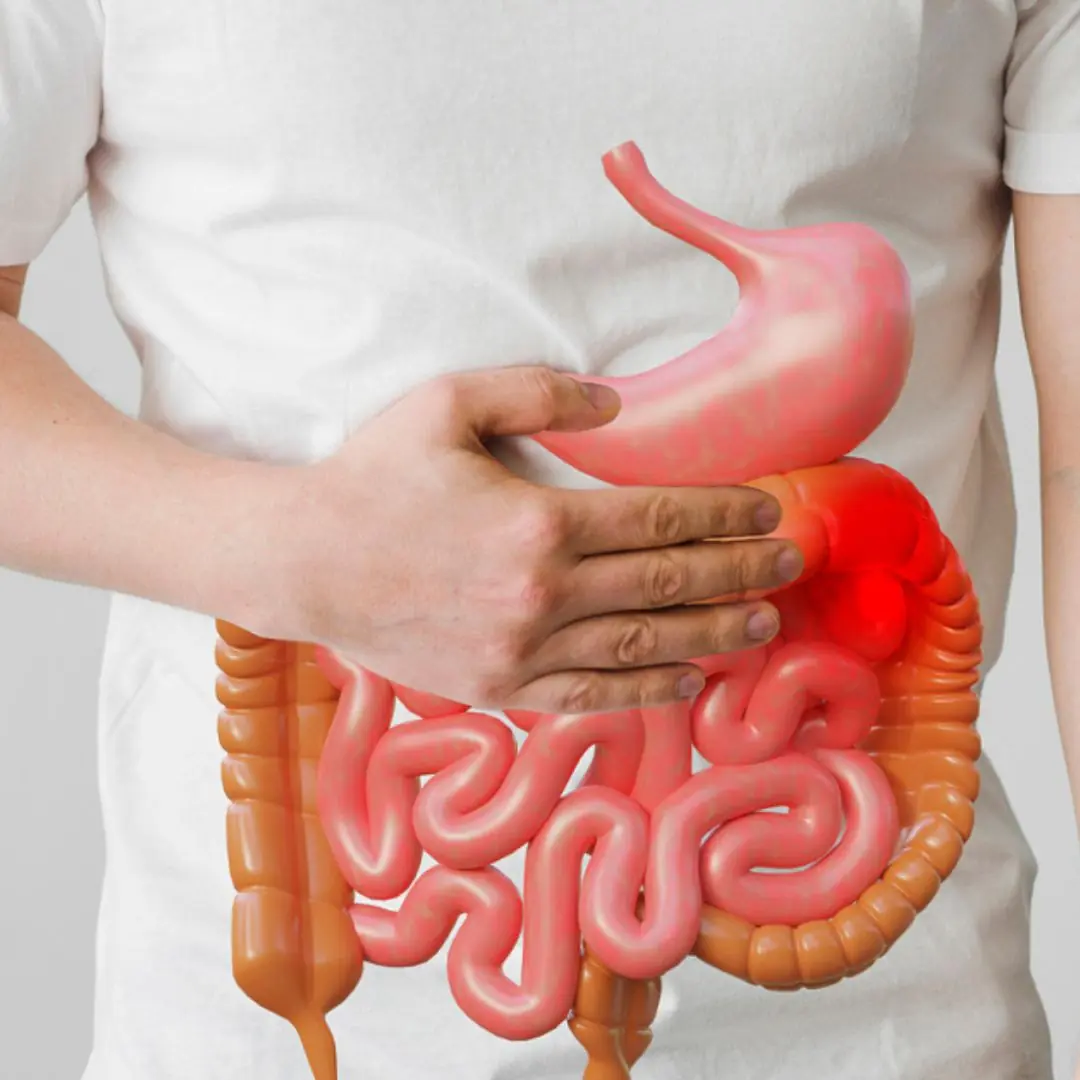
6 warning signs that your intestinal disease is serious, if you have just 1 you should go see a doctor
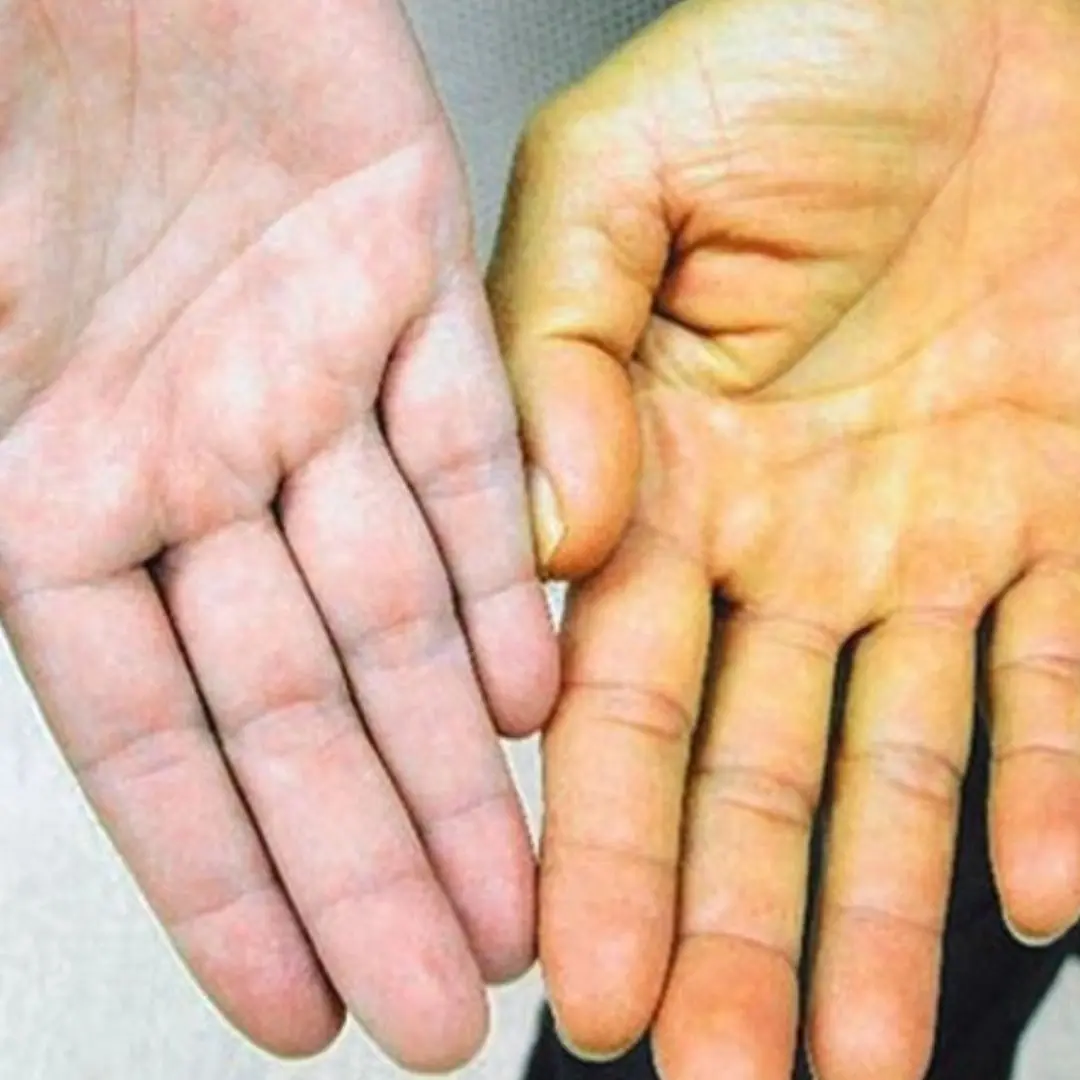
3 abnormalities in the hand warn of liver can.cer

When Nighttime Leg Cramps Become a Concern

What Sleeping On Your Left Side Does For Your Brain, Stomach And Lymphatic System
News Post

One Person Hangs the Laundry, the Whole Family Gets Sick

4 Dishwashing Habits Everyone Should Stop Immediately!

These 3 Nighttime Signs Reveal Your Kid.neys Are in Danger!

After 30 years of using a microwave, I finally discovered this “magic button”

The Vegetable That Helps Reduce Sugar in The Body. It is Diabetes’ Strong Opponent

The Power of Gyan Mudra: Benefits and How to Practice It

My Mother Gave My Wedding Fund to My Cousin Because ‘She’s Prettier and More Likely to Find Someone’
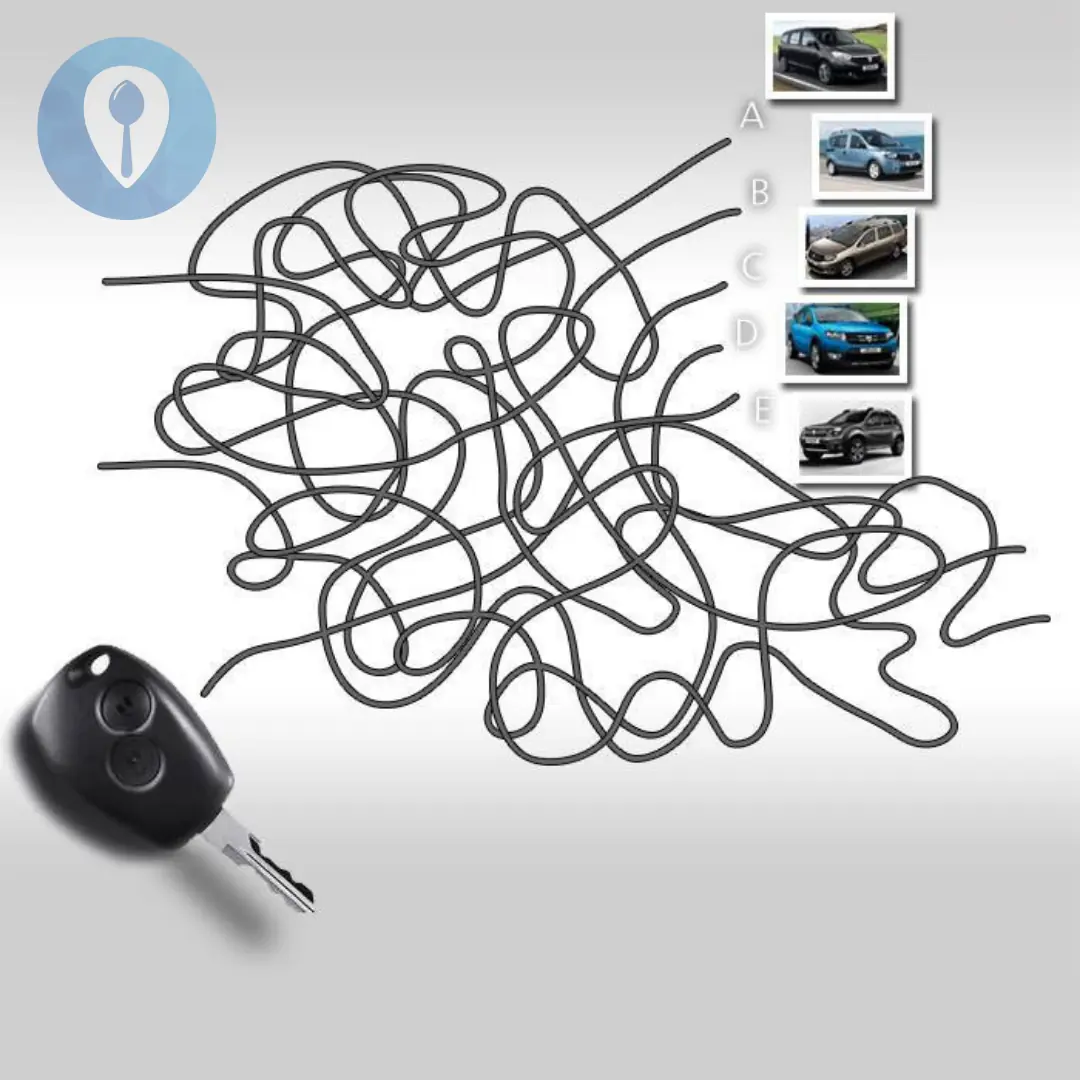
This key only opens one of the five cars — can you guess which one?

7 Warnings Your Body Gives You When You’re Too Stressed

Fish is very good for your health, but absolutely do not eat it like this: It can easily cause cancer, many people still get it.
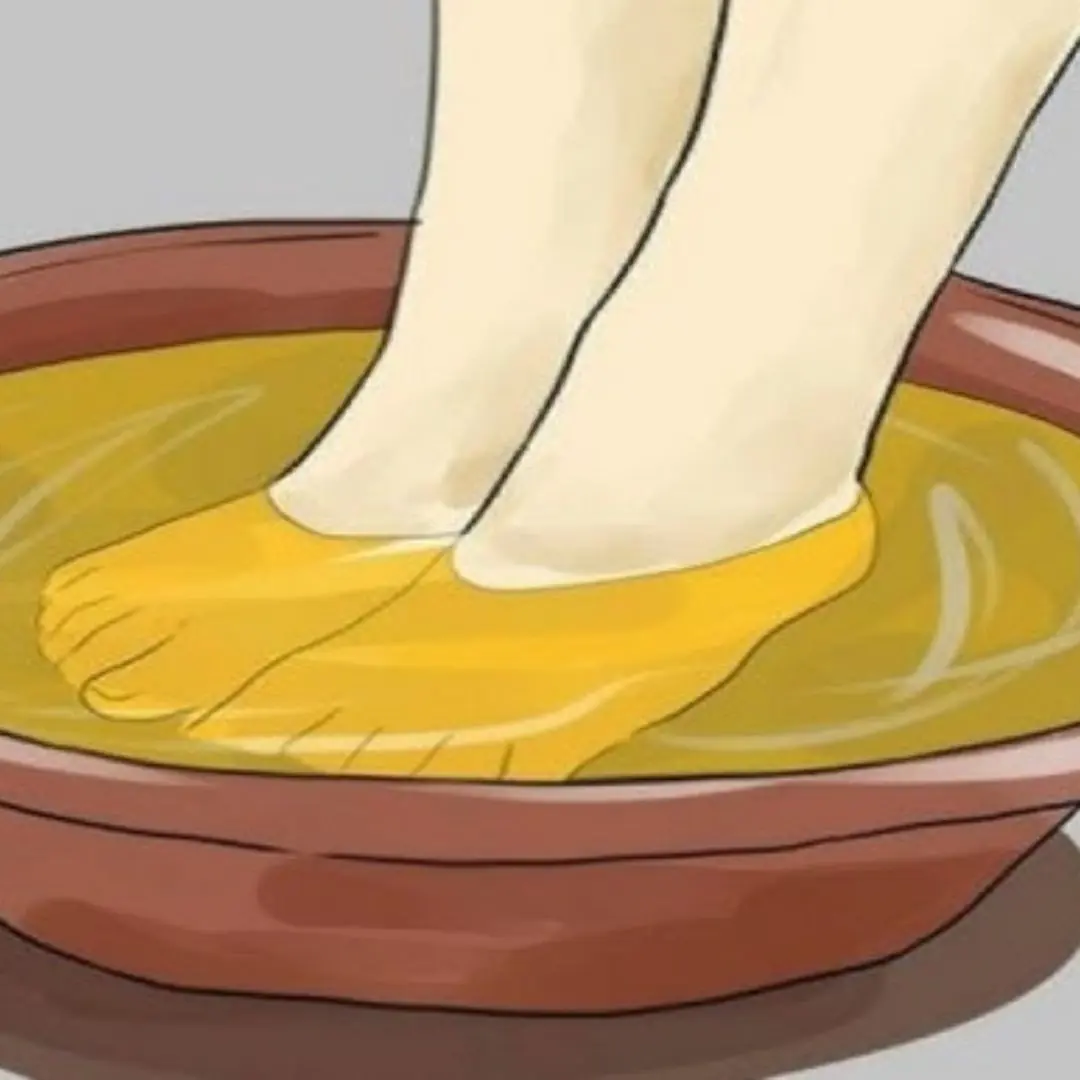
Foot Pain Relief: Should You Soak Your Feet in Warm Water or Cold Water? The Answer Might Surprise You!
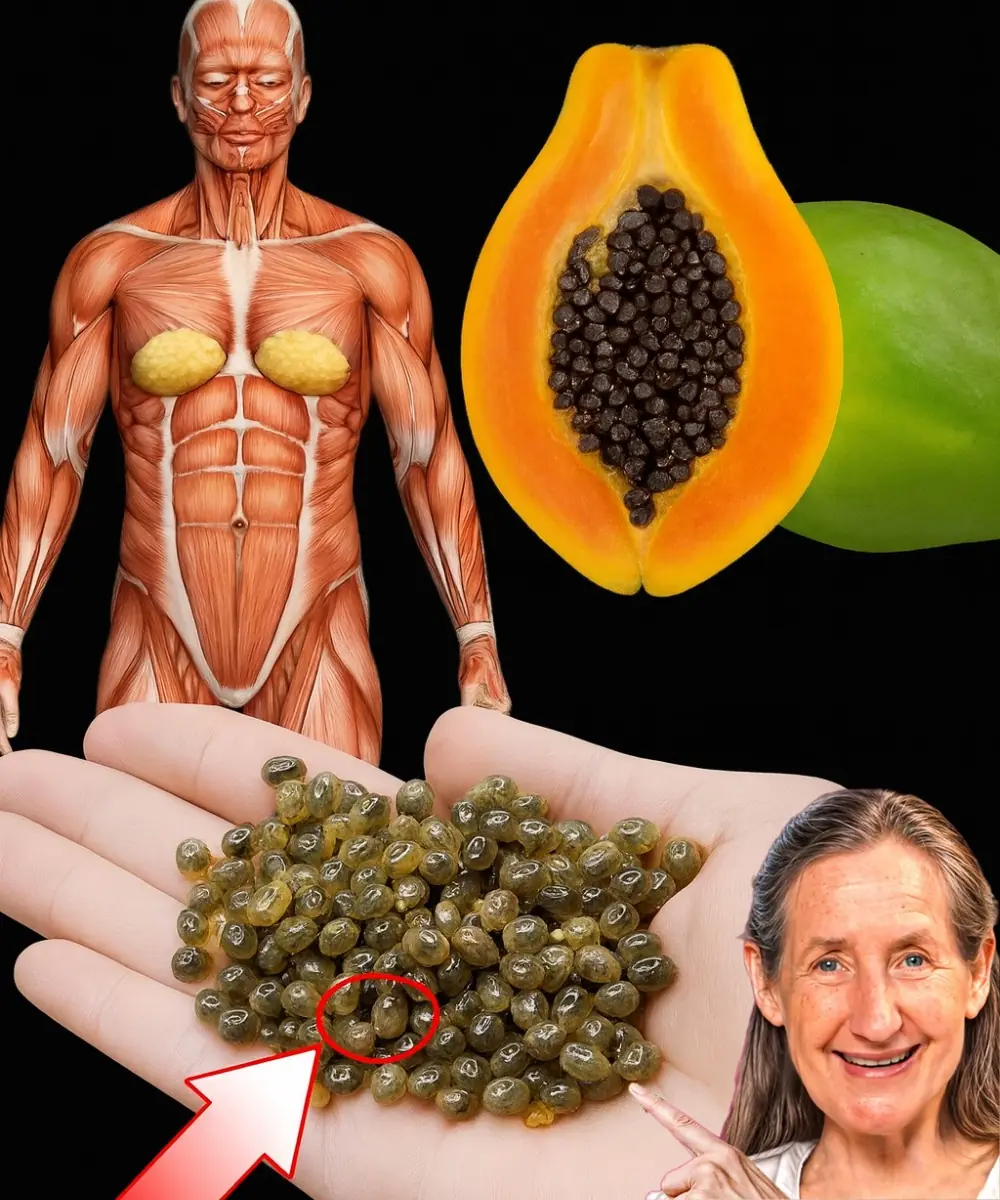
Papaya seeds can save you a lot of money at the pharmacy
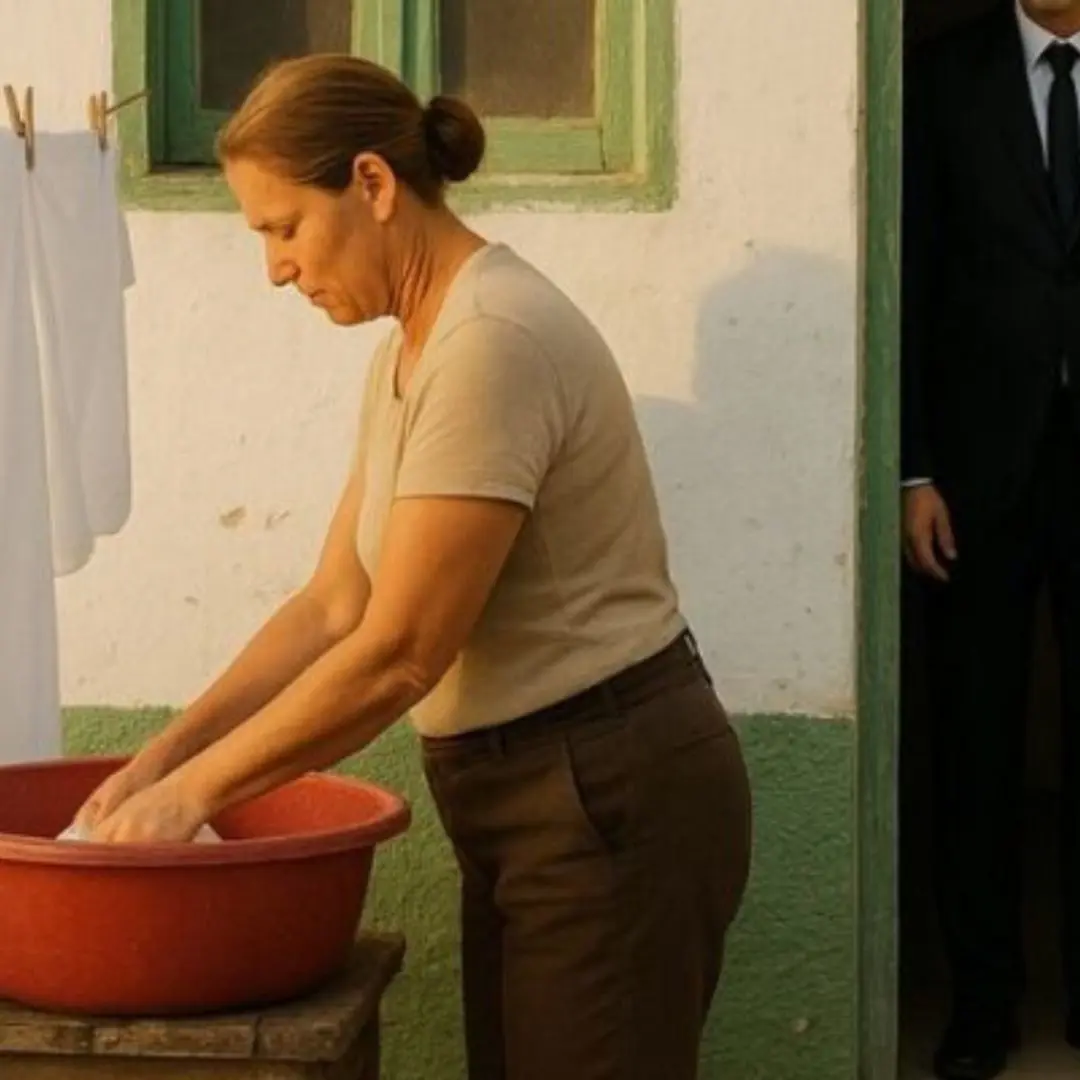
Each time the husband came home from a business trip, he’d find his wife carefully scrubbing the bedsheets. Curious one day, he hid a camera in their bedroom – only to uncover a painful truth that left him ashamed and heartbroken

The husband slapped his wife in front of his friends to show off — but her act of revenge left everyone shocked and speechless

Waking Up at Night to Drink Water, a 59-Year-Old Man Di.ed Five Days Late
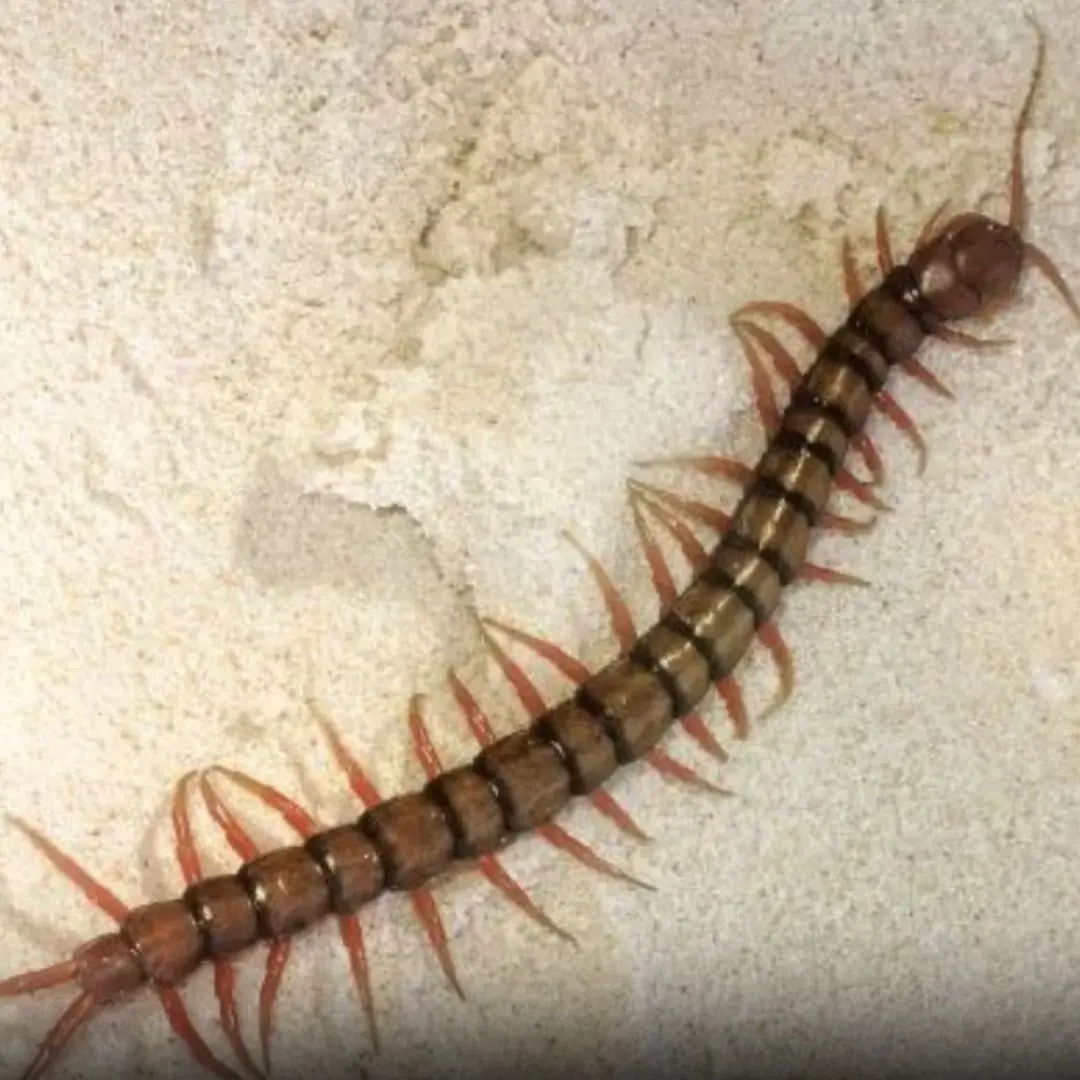
A centipede in your home isn’t random — here’s what it actually means

Elderly Homeless Woman Begged Me to Drive Her to Church — Three Days Later, She Knocked on My Door in a Lavish Gucci Coat

Found a Lump on Your Neck? Here’s What It Could Really Mean
